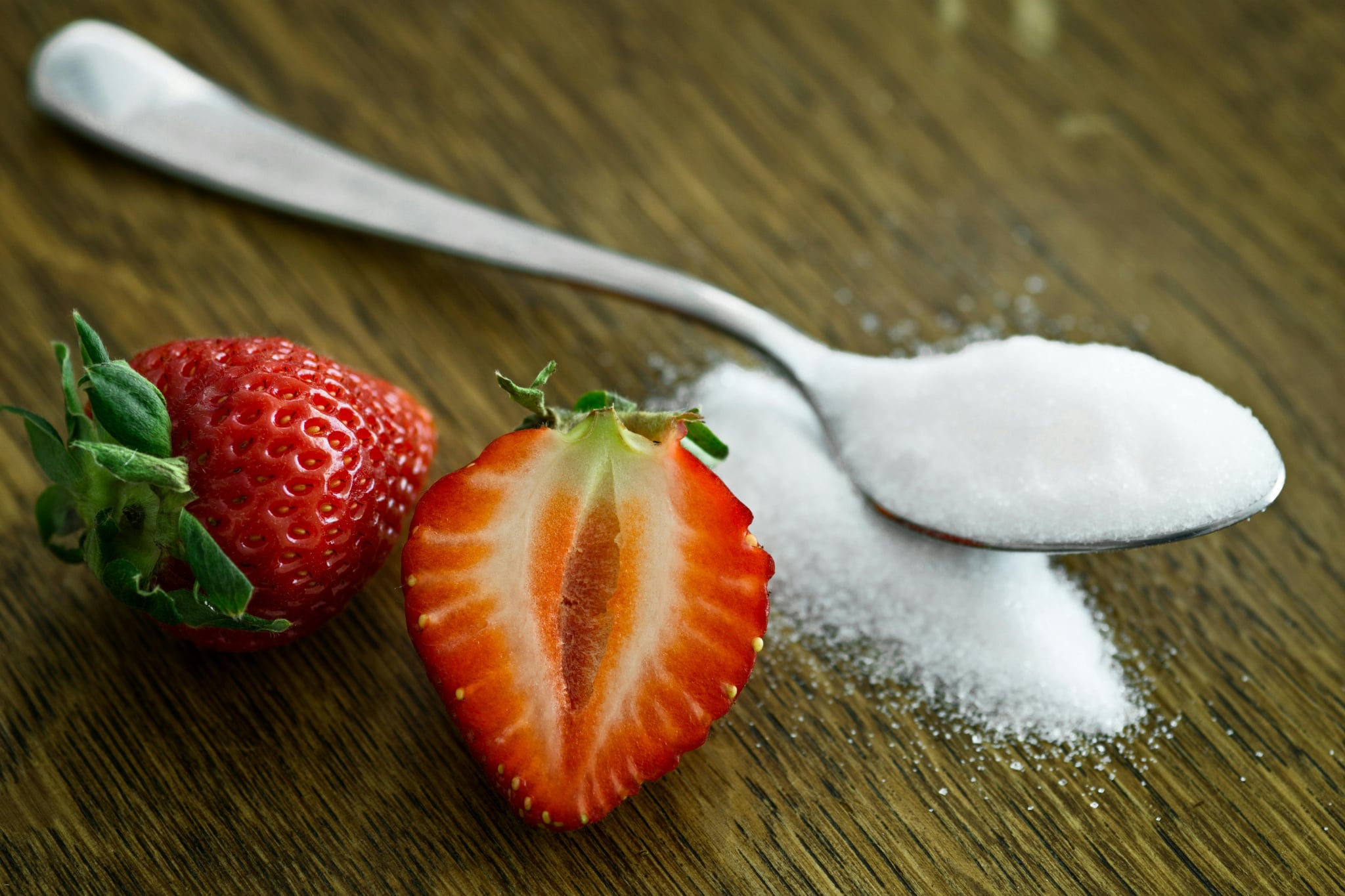Dr. Saurabh Sethi, a Harvard-educated gastroenterologist with over 473,000 TikTok followers, claims that giving up sugar can lead to a dramatic facial transformation. According to @doctorsethimd, faces shift "from round to a more natural shape" within the first week. He also notes reduced puffiness and water retention around the eyes, and a smaller waistline as liver fat begins to decrease.
Dr. Sethi explains that eliminating sugar helps restore a healthy gut microbiome. The trillions of bacteria in the digestive system, crucial for breaking down food and absorbing nutrients, function more effectively without excess sugar.
"If you're struggling with acne or red spots, your skin will improve and become significantly brighter," Dr. Sethi emphasizes.
 |
Reducing sugar intake offers numerous health benefits. Photo: Pexel |
Reducing sugar intake offers numerous health benefits. Photo: Pexel
Dr. Sethi's observations are supported by recent scientific research. A 2019 study of over 8,000 Chinese students linked sugary soft drinks to a "significantly" increased risk of acne. Other studies have demonstrated a strong correlation between excessive sugar consumption and fatty liver disease.
Dr. Samantha Coogan, from the University of Nevada, who has researched the effects of quitting sugar, describes the process as a true detox. Symptoms like headaches, stomachaches, and changes in bowel habits can last from a few days to several weeks. However, once the body adapts, significant benefits emerge.
According to Dr. Coogan, those who successfully reduce sugar intake often report improved focus, fewer sick days, and increased energy for physical activity. Hair, skin, and nails also improve, sleep deepens, and weight loss becomes "inevitable" as high-calorie snacks are eliminated.
Limiting sugar also reduces the risk of serious diseases like type 2 diabetes, heart disease, and cancer, all linked to excessive sugar consumption.
"Sugar acts like an addiction for many people, so it's essential to approach it like a drug or alcohol detox," Dr. Coogan stated in a recent article.
Experts warn that "free sugars," found in candy, chocolate, soda, and many processed foods, are the main culprit. Some natural sugars, like those in honey, syrups, nectars, unsweetened fruit juices, and smoothies, also fall into this category.
The UK's National Health Service (NHS) recommends that people 11 and older consume no more than 30g of added sugar per day. Limits for children are lower: 24g for ages 7-10, 19g for ages 4-6, 14g for ages 2-3, and 10g for one-year-olds. Infants under one should not have any added sugar in their food or drinks.
Hoang Dung (Daily Mail)












